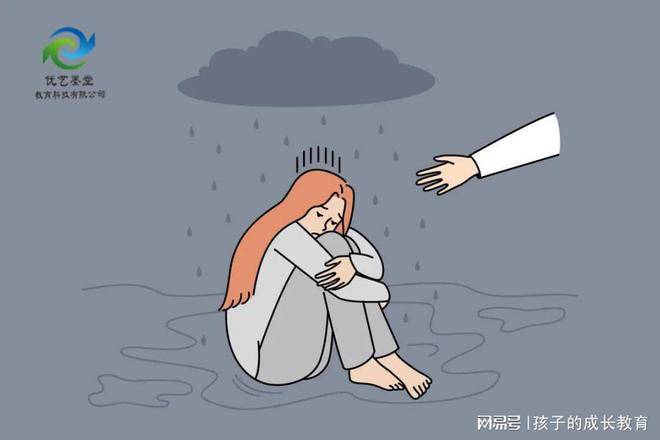Understanding Depression: Beyond the Label of Laziness
In today’s society, depression has become an undeniable mental health issue. However, there are still many misconceptions regarding the understanding and recognition of depression, one of which is the simplistic attribution of its symptoms to “laziness.” This article aims to delve into the nature of depression and explain why blaming it on laziness is a misunderstanding, while providing a more comprehensive and profound understanding of depression.
1. The Difference Between Depression and Laziness
Laziness is typically defined as a lack of motivation or willingness to do something, whereas depression is a complex psychological disorder characterized by persistent sadness, loss of interest, decreased energy, sleep disturbances, changes in appetite, difficulty concentrating, and feelings of worthlessness or helplessness. These conditions far exceed the simple scope of “laziness.”
2. The Biological Basis of Depression
Depression is not merely a psychological state; it has profound biological underpinnings. Research shows that the levels of certain neurotransmitters (such as serotonin and dopamine) in the brains of individuals with depression may be abnormal. These neurotransmitters play crucial roles in regulating mood, sleep, and appetite. Therefore, the “laziness” displayed by individuals with depression may be due to a decline in energy and motivation caused by biological factors, rather than a simple personal choice.
3. Social and Psychological Factors of Depression
In addition to biological factors, the occurrence and progression of depression are also influenced by social and psychological elements. For instance, long-term stress, traumatic experiences, and interpersonal relationship problems may trigger or exacerbate depression. These factors can lead patients to feel helpless and hopeless, which in turn affects their behavior and motivation. Thus, blaming the “laziness” of individuals with depression on personal qualities overlooks the social and psychological pressures they face.
4. Intervention and Understanding of Depression
Intervening in depression requires a comprehensive approach, including psychological interventions and social support. These can help adjust the levels of neurotransmitters in the brain and alleviate symptoms; psychological intervention can assist patients in addressing underlying psychological issues and learning coping strategies; social support provides patients with the necessary emotional and practical assistance.
5. Eliminating Misunderstandings, Enhancing Understanding
To eliminate misunderstandings about depression, it is essential to raise public awareness and understanding of this psychological disorder. Depression is a real and serious mental health issue that requires appropriate attention and intervention. Simply attributing the “laziness” of individuals with depression to personal qualities not only fails to address the problem but may also exacerbate the psychological burdens on patients.
6. Conclusion
Depression is a complex, multidimensional issue that involves biological, psychological, and sociological aspects. Reducing it to mere “laziness” is a misunderstanding and trivialization of this serious mental disorder. By deeply understanding the nature and causes of depression, we can develop greater empathy and understanding for those who are suffering, and provide more effective and targeted support and help. Ultimately, our goal is to establish a more inclusive, understanding, and supportive social environment for mental health issues.


